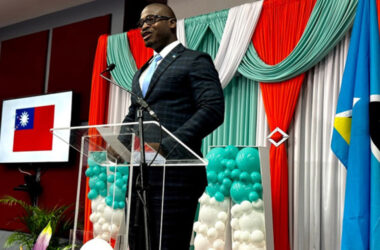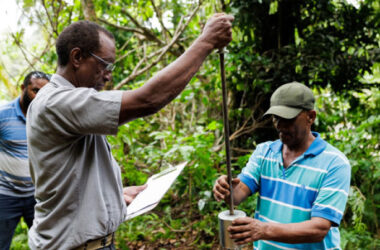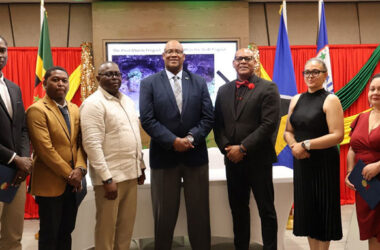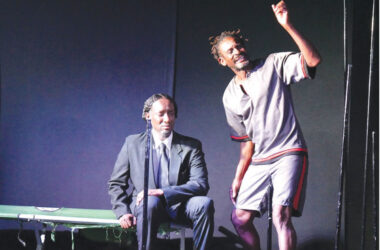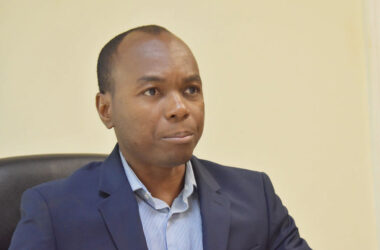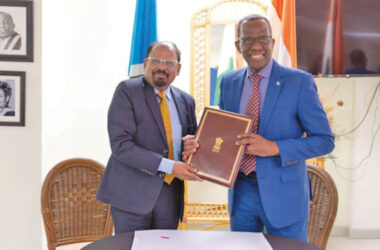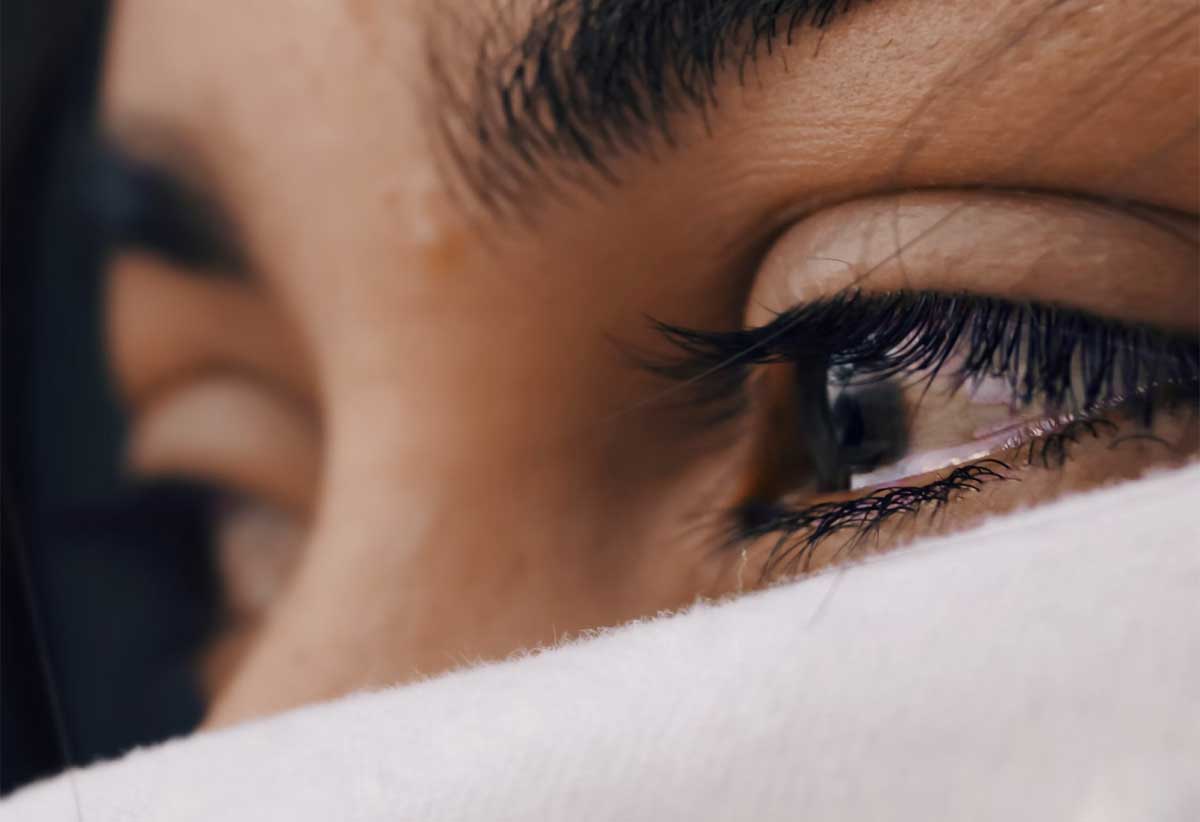
With reports stating that the Covid-19 pandemic brought on increased crimes of brutality against women and girls – a reputed regional health agency has undertaken a project to better determine the causes and help curtail such behaviour.
The sub-regional states of Saint Lucia and St Vincent and the Grenadines (SVG) were the project locations for a sexual and reproductive health survey involving the participation of a total of 520 men and boys.
Consequently, a research publication of the Winning Narratives gender-based violence project undertaken by the Caribbean Family Planning Affiliation (CFPA) and The Caribbean Observatory on Sexual and Reproductive Health and Rights (SRHR) was officially launched this month.
This initiative, which began in 2021, concluded earlier this year. The findings of the research were launched virtually on December 8 during the international observance of 16 days of Activism Against Gender-Based Violence. According to the Caribbean Observatory on SRHR, the aim of this research was to gain a better understanding of the thinking of men and boys around gender and gender-based violence (GBV).
“This would help to develop more effective GBV prevention messages and strategies, which would engage men and boys as partners in violence prevention,” explained a CFPA spokesperson.
Said the official, “The project has been a great success and in the coming year, Saint Lucians can look forward to interactive programmes that engage everyone (in particular, men and boys) in the fight against gender based violence.”
The Saint Lucia Planned Parenthood Association acknowledged the input from the Central Statistics Office for their guidance throughout, in getting the project off the ground. Also, for the support of the general public, community leaders, members of the National Youth Council and all the social agencies who contributed to the success of this initiative.
Through studies undertaken by the CFPA, it was deduced that “gender based violence remains a scourge in our societies, even though large amounts of time, money, and effort has been spent battling it for decades.”
The CFPA official adds that, “Globally, 1 in 3 women have suffered physical and/or sexual violence by an intimate partner in their lifetime. In 2020, newly released data for the Caribbean have confirmed alarming rates of gender-based violence, reporting that nearly half of Caribbean women face at least one form of violence: physical, sexual, economic, or emotional.”
Furthermore, Caribbean societies are also reported to have a high tolerance for GBV which is rooted in the high prevalence of patriarchy and inequalities. It has been ascertained that Gender-based violence, and in particular violence against women and girls (VAWG) is one of the most common forms of insecurity facing citizens in the Caribbean.
The Caribbean Human Development Report 2012 notes that “citizen insecurity has become an urgent challenge of human development in…. the Caribbean” with gender seen as “the strongest predictor of criminal behaviour and criminal victimization”. (UNDP Caribbean Human Development Report 2012).
Taking an overall view of the situation, the CFPA experts declared, “The COVID-19 pandemic has exacerbated the problem worldwide and the Caribbean has seen a steep increase in numbers and brutality of crimes against women and girls. The stay- at-home orders coupled with many women losing their jobs have taken a toll on women.
“Efforts to end GBV in the Caribbean have not been successful. Clearly, the current strategies are not effective. Strategic interventions are needed, including fundamental shifts in and critical approaches to people’s values, ways of knowing, thinking, and engaging with the issue, especially with people in their families, communities and other social circles.”
The CFPA officials say the research is intended to provide “an insight into men/boys’ perceptions of GBV, their motivation for taking action or remaining uninvolved, and their own attitudes around conflict and relating. The goal is to engage men and boys as partners in the fight against GBV, not just deal with them as the perpetrators of violence against women and girls.”
In an effort to help eradicate that stigma seeping throughout the communities, the survey identified several Gender Concepts – that revolve around the issue of Manhood Messages.
The report states that, the overwhelming message that men/boys received while they were growing up was about taking responsibility- i.e. working hard and providing for self and one’s family- being the breadwinner, protecting, and providing.
It adds that being tough and not showing emotions was the 2nd most common message or value transmitted to boys and men as they were growing up. However, the report states, factors such as not hitting women, respecting and loving them was not a common message that many boys and men received while growing up.
The CFPA report noted: “It is heartening to note that a significant number of respondents (over a quarter- 28% who were told of GBV by loved ones, and a third- 35% in the hypothetical sister scenario) counseled GBV survivors to leave the violent relationship/abusive partner, and/or encouraged the perpetrators to change their abusive behavior”.
It adds , “ While the majority of persons would not choose to intervene physically to stop GBV from occurring- especially if it involved strangers, they would take action by calling on the authorities (police), comforting, calming, and advising the affected persons, referring to other services such as counseling, providing them refuge if necessary, etc.”





